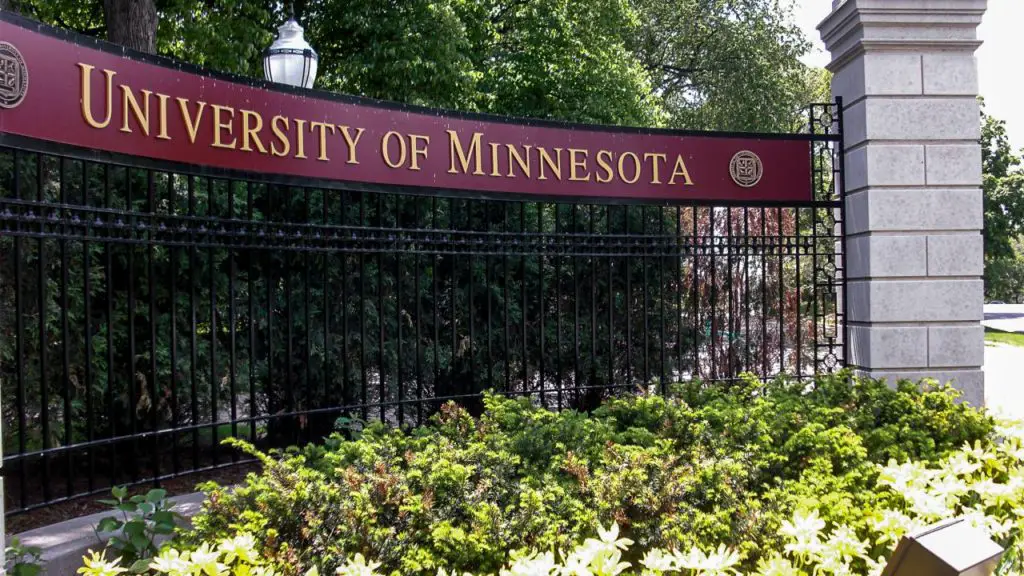The University of Minnesota (UM) will not accept new students into 12 liberal arts doctoral programs this fall semester, while 15 additional liberal arts programs will only accept a limited number of new students. These programs join more than a hundred others across the country that have paused admissions due to the pandemic.
However, no doctoral programs outside of the university’s College of Liberal Arts have paused admissions. Furthermore, UM is the only public university that has taken this action; the PhD programs at the seven universities in the Minnesota State system have not changed their admission plans.
Budgetary Constraints
The pause was made in an effort to save money during the pandemic and focus on supporting current students. Students in the closed doctoral programs are usually guaranteed five years of funding to support their studies, and UM administrators estimate that the university will save $2 million to $4 million.
This will be used to prepare for budgetary uncertainty and possibly to fund another year of study for doctoral students who have had to postpone their work because of virus restrictions.
Associate dean for research and graduate programs in the College of Liberal Arts, Steven Manson, stated that there appeared to be an “active and ongoing conversation across academia” at the moment, particular in the humanities and social sciences, when it comes to “right-sizing programs.”
Plenty of PhD students are currently stuck in limbo, unable to do the travel and field work needed to complete their degrees — and with most colleges on a hiring hiatus amid the pandemic, the job market for academics is bleak.
Supply and Demand For PhDs
Aside from budget constraints, UM history department chair, Professor Ann Waltner, revealed that the department will spend the hiatus re-examining its curriculum and structure. Even when admissions resume, there is a possibility that the department will choose to accept fewer students in the future.
“We don’t want to produce more PhDs than there are jobs for, so I think a smaller, more focused program may not be such a bad idea,” Waltner explained.
The Wall Street Journal called this widespread re-sizing of doctoral programs the “largest recalibration ever in academic graduate programs.”

